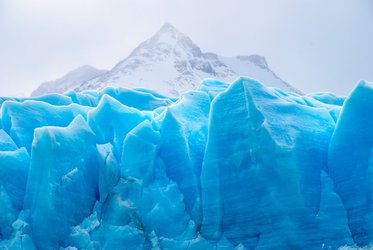Natural-cultural Memory in the Anthropocene
![[Translate to Englisch:] Technofossil](/fileadmin/_processed_/f/0/csm_Technofossil_komprimiert_3daeae4597.jpg)
Human societies have been irrevocably changing the basic conditions of life on Earth since colonization and industrialization at the latest. The geological concept of the Anthropocene expresses this (earth)historical insight; it identifies humans as a globally formative geophysical force of the current epoch. To understand the crisis-ridden present, it is necessary to think in the temporal dimension of geology and to understand the history of modernity as part of a general history of life. Against this background, the Anthropocene was established as a cultural concept around 2010. By bringing together human and Earth history, it contributes to re-conceptualizing the relations between nature and culture. This includes an expansion of cultural memory, which increasingly encompasses deep time entanglements in the more-than-human world. The ‘archives of nature’ are an important dimension of this emerging natural-cultural memory of the Anthropocene. Since they ‘recorded’, for example, climate history in the ice and deep-sea sediments long before science began to systematically collect weather data, they are key to understanding environmental long-term effects of human activities. These records contain information about the history of the planet and constitute an archival basis for narratives of human history in the horizon of geological deep time. They mark the beginning of a new chapter in the media history of cultural memory.

In addressing these developments, the project aims to formulate a theory of natural-cultural memory. The theory of natural-cultural memory integrates planetary history into memory studies in terms of content (memory of human-nature relationships) and function (incorporating ‘archives of nature’). Based on this theory, we will examine how deep time is constructed as a culturally significant time frame. A focus is how literature and other media represent (and symbolically preserve) Earth history and thus function as natural-cultural archives and media of planetary memory. In this sense, "Natural-Cultural Memory in the Anthropocene" contributes to the reflection of recent developments in cultural memory. At the same time, it provides knowledge that supports the ecological transformation of our society and its narratives of our shared past.
To find out more about our work, you can contact us. Our publications and planned events provide a deeper insight into our research.
Photo Credits
Technofossil (Maarten Vanden Eynde. Project "Technofossils" https://www.maartenvandeneynde.com/?rd_project=technofossils&lang=en); Ice landscape (pixabay).
